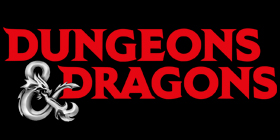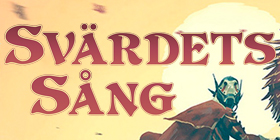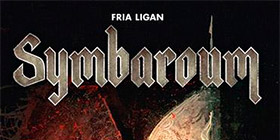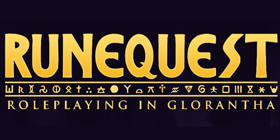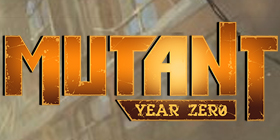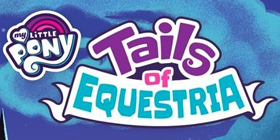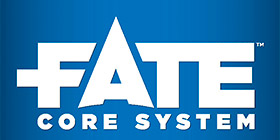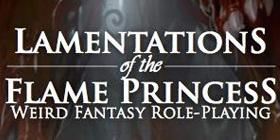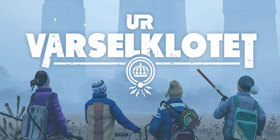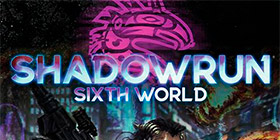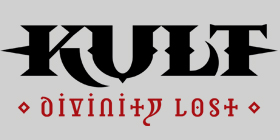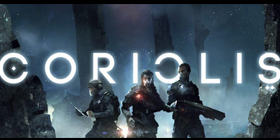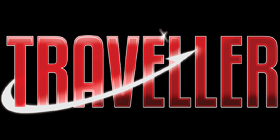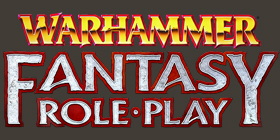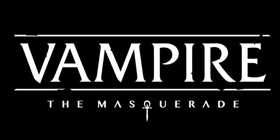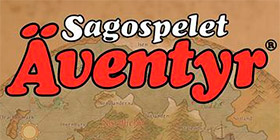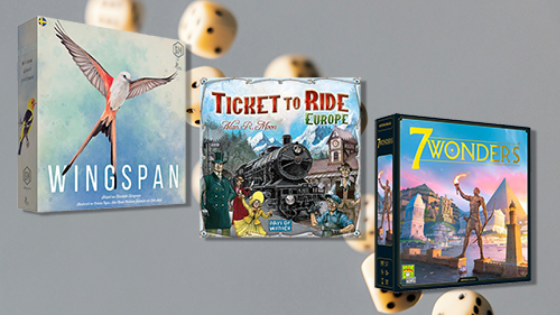Runebound 3rd ed
Earlier this month Fantasy Flight Games released Runebound 3rd Edition and I immediately began shouting from the rooftops "The Greatest Fantasy Adventure Board Game Returns" before even playing it. Well, I played it, I played a lot of it this weekend, and I'm here to tell you about it.
But first, some perspective. I love Runebound Second Edition. I know in my heart that it is a flawed game in many respects, but I was willing to overlook them because the experience was always so perfect. I never had a bad game of 2nd edition. Many a nights my friends and I have ventured around Terranoth to defeat Margath, the High Lord of All Dragonkind and his puppet, The Necromancer Vorakesh to the rumbling sounds of d10's against the table. Something that I don't think I can say about another game in my collection.
When I first heard of Runebound 3rd Edition (here by just called Runebound because I don't have the energy to type it all) earlier this summer I was excited to see Runebound return. For months I followed every update that FFG would post, every preview from other news sources, and first impressions and thoughts on the forums form people lucky enough to have played it early and at conventions. As the news flooded in I was both excited and apprehensive because they seemed to have changed the design so much; most notably the combat system, the questing system, and the leveling system.
In previous versions of the game, questing was done in a quest level progression system. Players would move around the board and take on combat encounters in Easy, Medium, Difficult, or Legendary level. Here quests are broken down into Combat, Exploration, and Social. This makes the encounters more varied and they tie deeply into the new leveling system.
Leveling in previous iterations was based on an experience system and came in the form of modifiers to ones combat. Here leveling comes in the form of Skill Cards players have hands of. Skill cards have a requirement cost of some completed encounter cards and will have a certain effect and serve to give your characters new abilities and upgrades, this time NOT just to combat, better yet, all players cycle though a deck of skill cards and you will have lots of options to customize your character in ways I've never seen in this type of game. It's a deep level of customization that will mean no two heroes will ever play the same in multiple games.
Finally comes the Combat system. If you've done any kind of research on the game you may have seen the combat system in the game is something totally new and unseen before. Previously all combat in the series (and in almost every other game of this type) has been with dice. Combat in this iteration is done with tokens. Players will have a set of tokens that are unique to their character and along the way will gain more from other spells, weapons, or abilities. When combat is engaged, players will collect all their tokens and "cast them" and then take turns applying their effects in a tense back and forth. This token-based combat might seem weird, but trust me, it's brilliant. The designer of this game decided to do something very brave and take a big risk by doing this totally unique system and should be commended. Every combat is full of interesting decisions where you're considering what your opponent might do vs what you can do. The token combat turns out (somewhat shockingly honestly) to be very deep; deep enough that I honestly think FFG could make a light duel game focused just on this mechanic if they wanted and that way show just how well designed it is.
Runebound is a perfect example of an adventure game. An Adventure game should focus on the stories that come about with the game, and I’m not necessarily talking about the game’s flavor text. I’m talking about the experience an adventure game brings you, the stories that are built by the player, their decisions, and the system. You remember games of Mage Knight where you burn down a monastery and steal the monk’s artifacts then turn around and siege a tower with said artifact, laughing in the ashes of your foes. You remember games of Runebound where the Brave Sir Valadir was more like “Brave Sir Robin” in Monty Python and the Holy Grail. Even in Talisman you remember when your significant other turns you into a frog three times in a row. You see, it's these memories and these situations that make an adventure game. Runebound pulls this off with its game system so effortlessly that I honestly feel that every other designer making an adventure game should stop what they're doing and play this game to learn a thing or two.
For those familiar with Arkham Horror and what Fantasy Flight Games did with Eldritch Horror before, they have almost done the same thing. They took the bones of another game and reshaped it into something so much more and better. Streamlined is a word that people throw around in the forums about the game but one I can't agree with. Streamline implies that they have removed mechanics that were perhaps unnecessary; Runebound doesn't necessarily remove mechanics as much as it rebuilds them from the ground up. There are likely more mechanics and much more things to keep track of in Runebound now but this time everything is so seamlessly tied in together that it must seem "streamlined" to some. Here is an example. Skill cards are tied into skill checks that are tied to the questing system and the leveling up system. One card can mean A) I get this ability when I collect X amount of quests B) I can toss this card to help with a skill check C) A resource to manage in my hand limit. What I'm trying to illustrate is that there are so many more choices you must make but you won't mind or feel like it's taxing because it's all so effortless and intuitive. Runebound isn't streamlined, but it sure is refined. It's refined to what has to be the single best Adventure Game designed and even in a year with so many excellent releases it's not at all hard to say this is one of the best.
Andres
